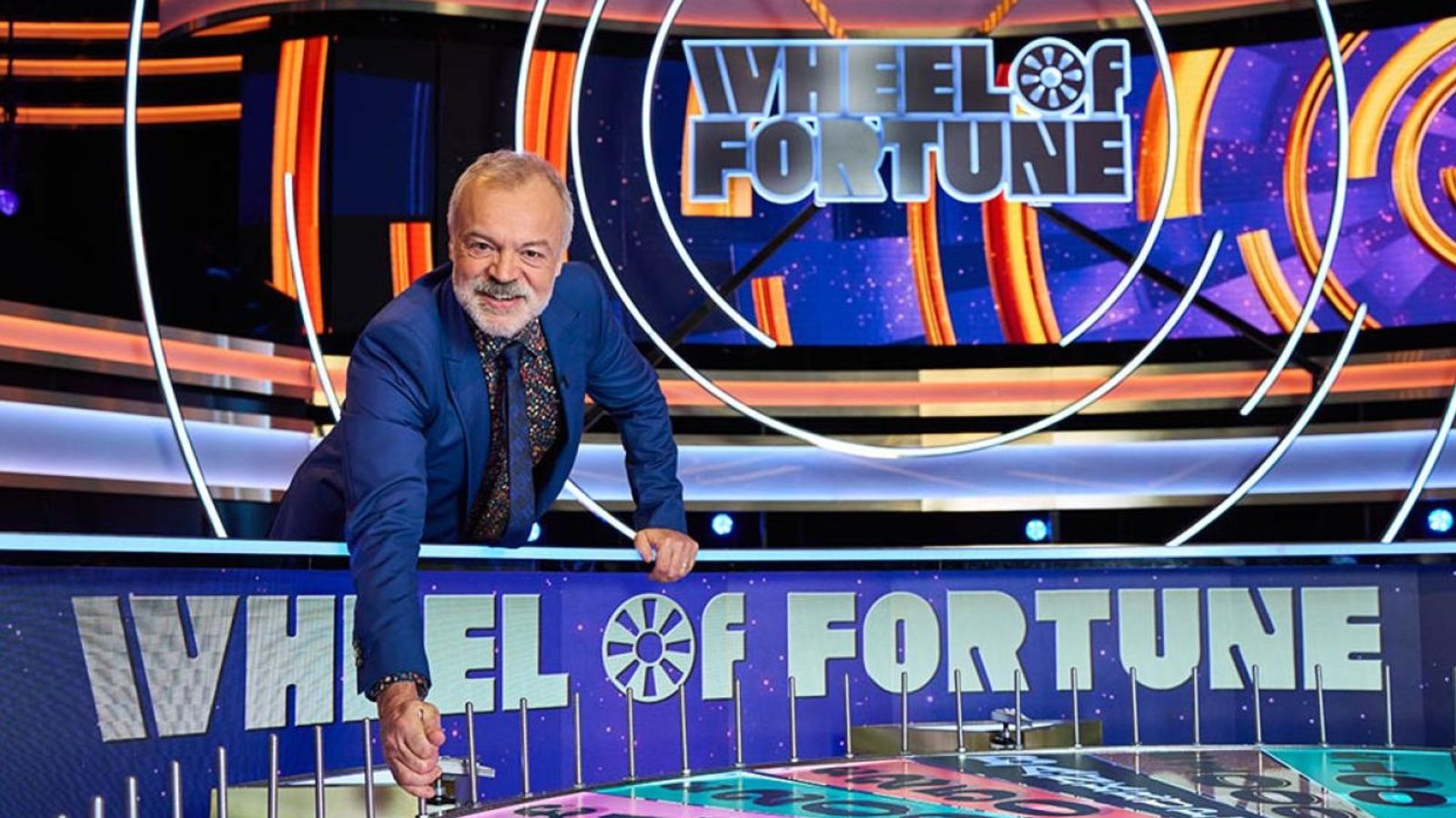wherearewegoing.net – “Wheel of Fortune” is an American television game show that has been a staple in American households since its debut in 1975. Created by Merv Griffin, the show has become an iconic part of television history, with its simple yet engaging format that combines word puzzles with a game of chance. Over the years, “Wheel of Fortune” has not only entertained millions but has also become a cultural phenomenon, influencing other game shows and even language use in the United States.
The Format of the Game
The game is played by three contestants who solve word puzzles to win cash and prizes. The puzzles are typically phrases, names of people, places, or things, and are revealed one letter at a time. Contestants take turns spinning the eponymous wheel, which is divided into segments that indicate dollar amounts or special spaces. Landing on a dollar amount allows the contestant to guess a letter, and if the letter is in the puzzle, they win the amount of money for each occurrence of that letter. Special spaces can offer additional prizes, extra spins, or penalties such as losing a turn or a bankruptcy, which wipes out the contestant’s winnings for that round.
The Hosts and Their Impact
“Wheel of Fortune” has been hosted by several personalities over the years, but the most iconic duo is Pat Sajak and Vanna White. Sajak, the host, guides the contestants through the game, while White, the co-host, reveals the letters on the puzzle board. Their chemistry and longevity on the show have made them household names, and they have become synonymous with the “Wheel of Fortune” brand.
The Show’s Cultural Impact
“Wheel of Fortune” has had a significant impact on American culture. The show’s catchphrases, such as “Buy a vowel” and “I’d like to solve the puzzle,” have entered the lexicon. The show has also influenced language use, with some speculating that the show’s format has led to an increase in the use of phrases that are common in the puzzles. Additionally, “Wheel of Fortune” has been parodied in various forms of media, from television shows to internet memes, further cementing its place in popular culture.
Charitable Efforts
In addition to its entertainment value, “Wheel of Fortune” has also been involved in charitable efforts. The show has raised money for various causes, including literacy programs and disaster relief efforts. These initiatives have not only helped those in need but have also reinforced the show’s positive image in the public eye.
Conclusion
“Wheel of Fortune” is more than just a game show; it’s a cultural institution. With its engaging format, iconic hosts, and charitable efforts, the show has left an indelible mark on American television. As it continues to entertain new generations, “Wheel of Fortune” remains a testament to the enduring appeal of classic game shows and their ability to bring people together.
